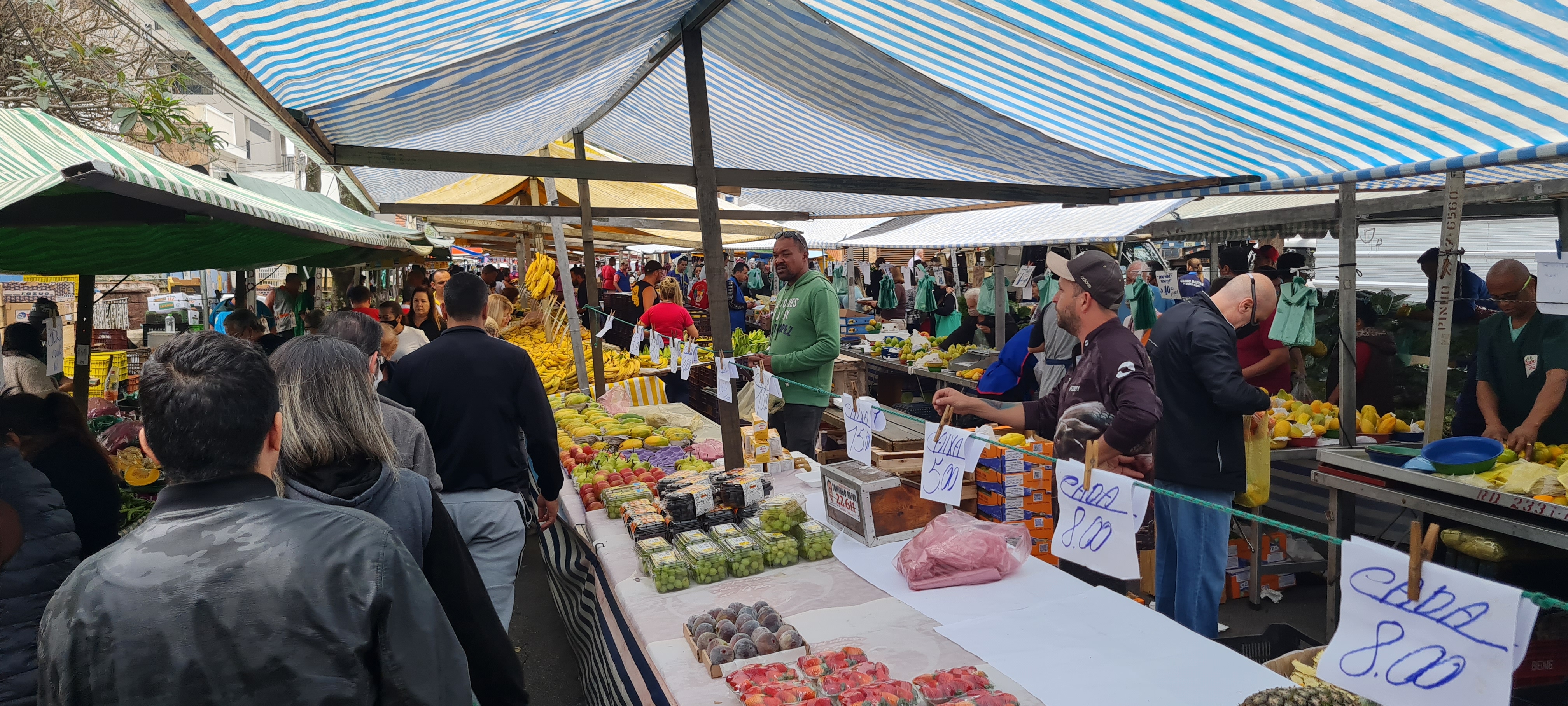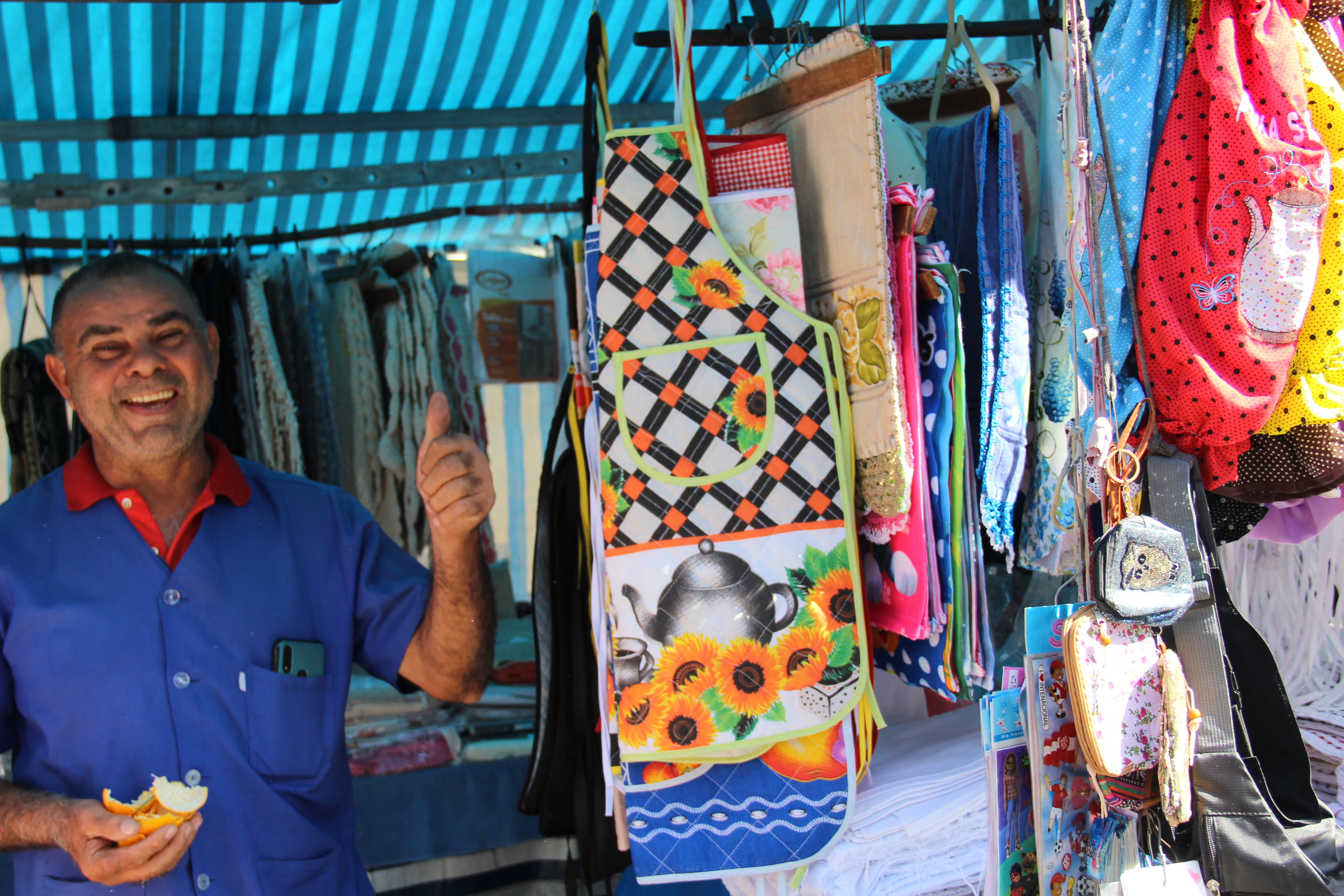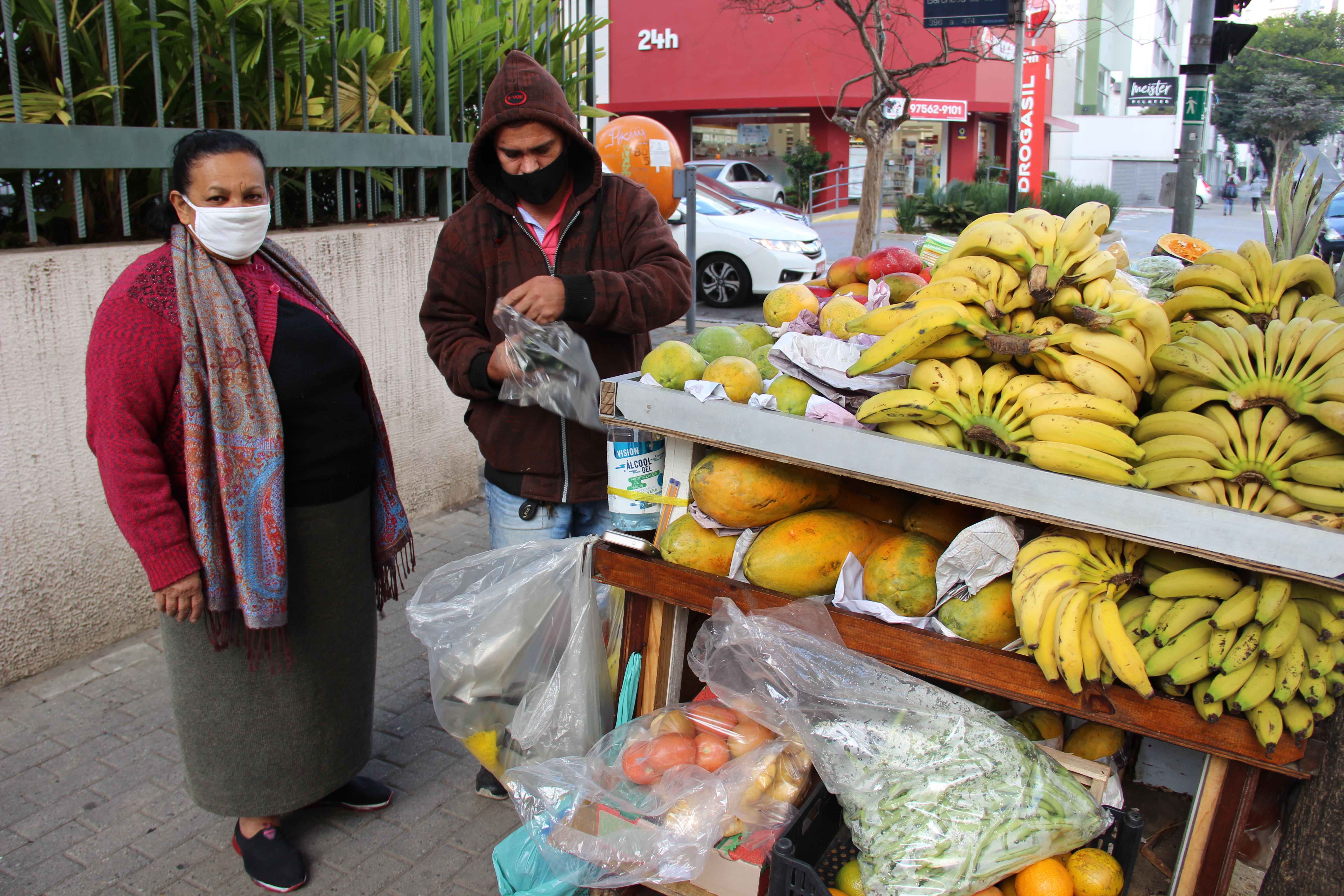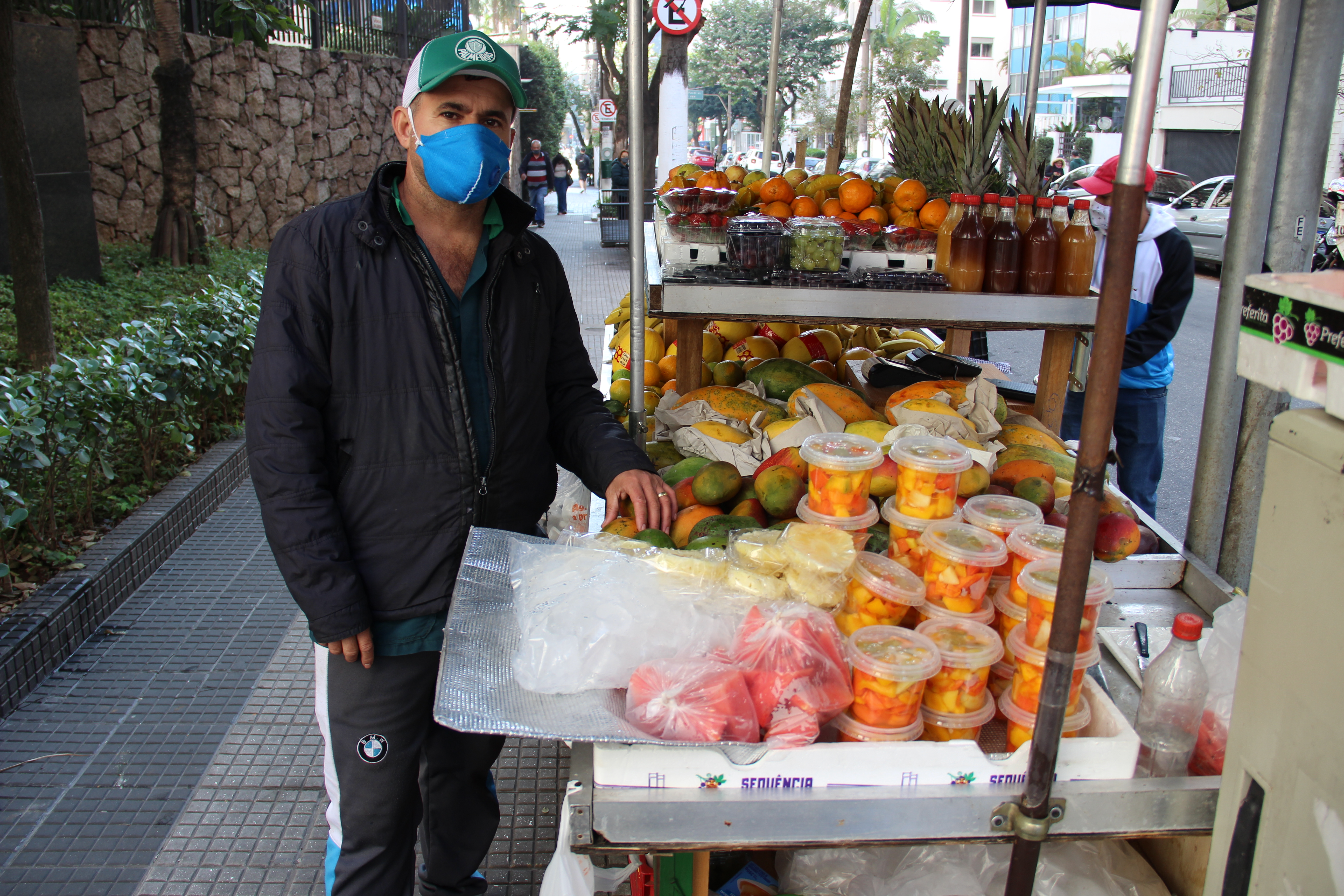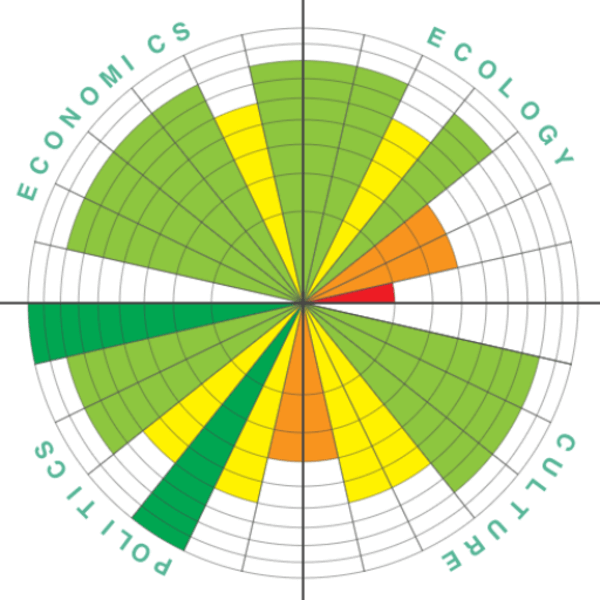The Tô Legal platform offers 11 distinct types of Use Permit Terms (TPU), each governed by a specific set of regulations. These include legislative measures to foster social and economic inclusion for various groups, such as the elderly, individuals with disabilities, former penitentiary inmates, and war veterans.
PCS permits are issued democratically for periods up to 90 days. Entrepreneurs can select their preferred locations (using GIS) and time slots for their activities. The platform also visually displays all authorized activities within the city on a service map, assisting entrepreneurs in choosing the optimal location and type of commerce or service. This feature allows them to experiment with locations and activities to find the best fit for their needs.
Before using the system, the first step for individuals is to formalise their status with The Municipal Treasury Office or register as an Individual Micro-Entrepreneur (MEI). Subsequently, they can access Tô Legal to select a work location. Information is readily available on the Tô Legal website, through email, or in person at any of the 32 municipal Subprefectures.
The system is designed for any citizen engaging in economic activities on public roads who seeks to legitimize their work. It also benefits existing document holders, such as permittees and entrepreneurs, by bringing transparency to their relationship with the municipality. Users, including workers, entrepreneurs, office administrators, and inspection staff, can easily access detailed information about the activities.
Tô Legal facilitates economic inclusion by offering flexibility in choosing time slots, days, and locations to suit applicants' needs. It also features a payment control grid that allows administrators to monitor revenue collection by document type and displays the georeferenced locations of issued documents on a city map.
"Tô Legal" is a technology-centric initiative, particularly reliant on GIS, and it integrates with 15 databases. For PCS, the application process is real-time, and upon payment, the entrepreneur can print the PCS from home. The use of technology has enhanced service delivery, shifted the culture away from in-person visits, and improved transparency, revenue consolidation, and budget reporting.
The management team diligently monitors the system, overseeing 14 document types. The dashboard, which includes graphics and revenue data, is accessible to administrators for tracking the initiative's progress and pre-emptively identifying any issues. As an impersonal system, it does not collect personal data such as age, race, or gender. However, it does compile details like location choice, activity, and equipment used, which informs the economic tendencies of locations and supports the development of public policies.
Feedback from system users, including document holders and civil servants, is regularly submitted via email. Citizens also provide input through social media and local news outlets.
This innovative initiative spans the entire jurisdiction of the Districts Secretariat and transparently indicates the locations of entrepreneurs on a GIS map.
